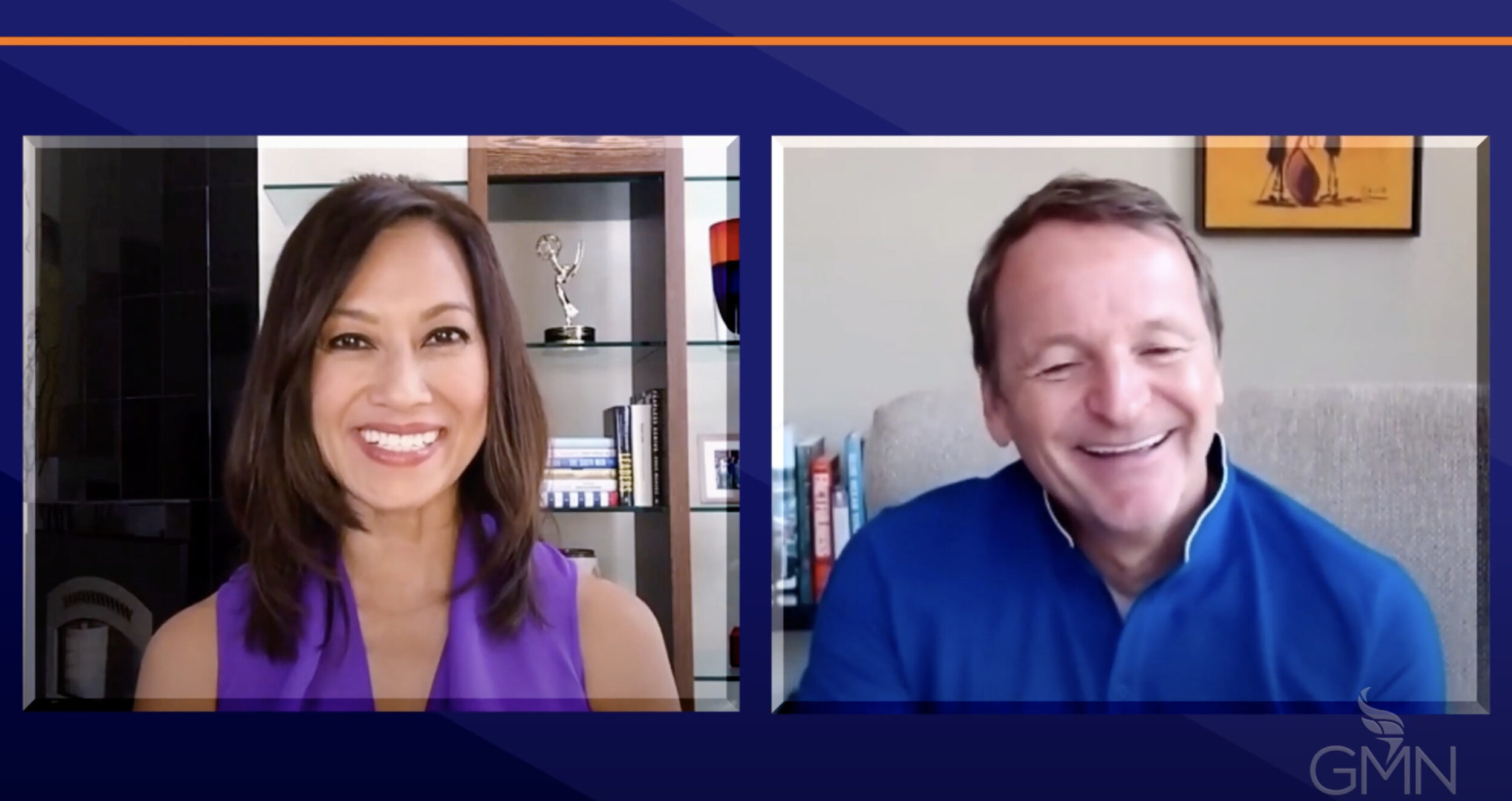Summary:
No leader can truly see the future. But Benno believes that preparation and strategy can get you close. When an event like a global pandemic appears, you better be ready!
Thuy
Being a transformational leader, one of the critical factors is that they're not only able to navigate current environments, but they're also able to anticipate what may happen in the future. Do you have a secret formula for that? Can you share it with us?

Benno Dorer
No secret formula. In many ways, COVID is a good example, right, because there's no playbook for a pandemic nor is there a playbook for what will happen afterward, and how people's lives and behaviors will change. But a few things are important, first of all, I go back, and many of them we've touched, I go back to having a diverse group of people around me and having a diverse network of people both inside and outside of the organization. And tapping into that is important because having a diverse set of perspectives leads to better outcomes and helps you understand the full picture and not just the small and biased picture. Data is important. Importantly, having the right data is important, you know, understanding leading indicators really makes a difference. But intuition is important too, applying common sense is important too, scenario planning is a tool that's applied in our company effectively and that many companies apply. The future is never linear and it is helpful to think about at least three cases, a best-case, and a worst-case, and then thinking through how you would act in each case, thinking through how you involve which case you're on the path of, and then, of course, being highly agile and adaptable is critical. Agility is increasingly something that matters a great deal to companies and certainly to our company as well. Being able to respond, being able to react to changes is really an asset for any organization.
And then lastly, sometimes it helps to just take a step back and say that, you know, most decisions that we take in our professional lives, they're reversible. So if we make a mistake, we can undo it. So I'm a big believer in putting your best foot forward, not overthinking it. Most of the time doing something is better than nothing. And most of the time, if you have a diverse group, if you have the right data, you use your gut as well as your brains, if you do a little bit of planning, your decision will be at least in the ballpark. It might not be perfect but it will be good enough. And I think it really matters to keep moving and to make decisions and then stay agile to reverse or change course. In today's world, doing nothing, waiting is the worst thing we could do.
And then lastly, sometimes it helps to just take a step back and say that, you know, most decisions that we take in our professional lives, they're reversible. So if we make a mistake, we can undo it. So I'm a big believer in putting your best foot forward, not overthinking it. Most of the time doing something is better than nothing. And most of the time, if you have a diverse group, if you have the right data, you use your gut as well as your brains, if you do a little bit of planning, your decision will be at least in the ballpark. It might not be perfect but it will be good enough. And I think it really matters to keep moving and to make decisions and then stay agile to reverse or change course. In today's world, doing nothing, waiting is the worst thing we could do.
Related Posts

You Can’t Please Everyone
Vy Tran learned a tough lesson as a first-time manager – you can’t please everyone. Having to “drive accountability” while also being a self-described “people pleaser” required Vy to dig deep and re-think how she communicates with her team.

Failing Forward
Failing forward is an essential skill not just at work but in life. For Vy Tran, learning from her mistakes has made her a more effective and influential leader.

